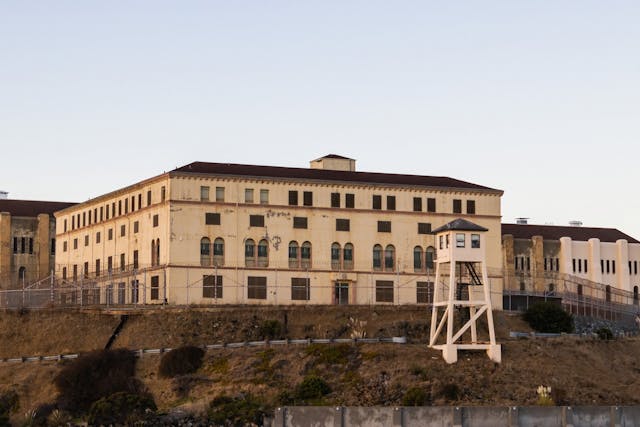To Gladue or Not to Gladue – that is the question
As we’ve spoken about in previous posts, overrepresentation of Indigenous offenders in the Canadian Correctional System is both disturbing and rampant – making up approximately 30% of all inmates – despite accounting for only 5% of Canada’s population. Within the past decade, the Courts have recognized that this overrepresentation encompasses many factors – including the historical discrimination of Indigenous people in the judicial system.

Back in 1999, the decision of R. v. Gladue by the Supreme Court of Canada served as confirmation that the circumstances of Indigenous offenders are unique, and must be taken into consideration when the Court contemplates the issues of bail and sentencing. This jurisprudence was reaffirmed by the Supreme Court of Canada in the case of R. v. Ipeelee in 2012.
The preparation of a Gladue Report requires a thorough review of the facts of the case and the personal history and circumstances of the Accused, coupled with their Aboriginal heritage, and how the former is influenced by the latter. The assessment of these elements and the authoring of the report must be completed by an individual who is educated and intimately informed of the special challenges that Indigenous people face in the judicial system. These reports are commonly ordered by Courts all across Canada – with the exception of Nunavut, where a Gladue report has never been tendered in Court.
Criminal defence counsel in Iqaluit, Nunavut (where 85.9% of the population identifies as Indigenous) recently requested that the Court Order a Gladue Report for an Indigenous offender whose case is proceeding to sentencing. The presiding Judge, Chief Justice Neil Sharkey, declined to do so – explaining that there are no Gladue Report writers in the Territory. Although there are Writers available in the South (we commonly engage their services for clients in Richmond, Surrey, Port Coquitlam and many other jurisdictions in the Greater Vancouver Area, in addition to Whitehorse, Dawson City, Yellowknife and other communities in the Yukon and Northwest Territories) Chief Justice Sharkey opined that these Writers are not familiar with the Inuit community, as they only author reports for First Nations and Métis offenders. The Court went on to explain that the Accused should not face further delay while awaiting the preparation of a Gladue Report. While it is true that the Government of Nunavut has not created a program within the Territory that trains and employs individuals qualified to prepare Gladue Reports, it is also true that a push to create such a program has never been prioritized. Experienced criminal defence counsel will always advocate for Gladue Reports where they are applicable, as we are well apprised of the value they provide not only to the Accused, but to the Courts and all those who are effected by their proceedings. And while the production of a Gladue Report can certainly cause delay in the case proceeding to sentencing, its influence on the Court could result in a lesser sentence, nullifying any delay created during its production.

The irony lays in the fact that R. v. Ipeelee – the case to reaffirm the Court’s obligation to take judicial notice of the unique circumstances of Indigenous offenders and the importance of Gladue considerations – involves an Indigenous person from none other than Iqaluit, Nunavut. The case was heard before the Supreme Court of Canada on October 17, 2011 – almost exactly 9 years prior to the date of this post.
It is not the sort of irony that leaves you in awe of such a coincidence – rather, it is the kind that leaves you wondering: if the decisions of highest Court in Canada, the loudest and most authoritative body of our legal system, cannot provide a voice to those who need it most….who can?


